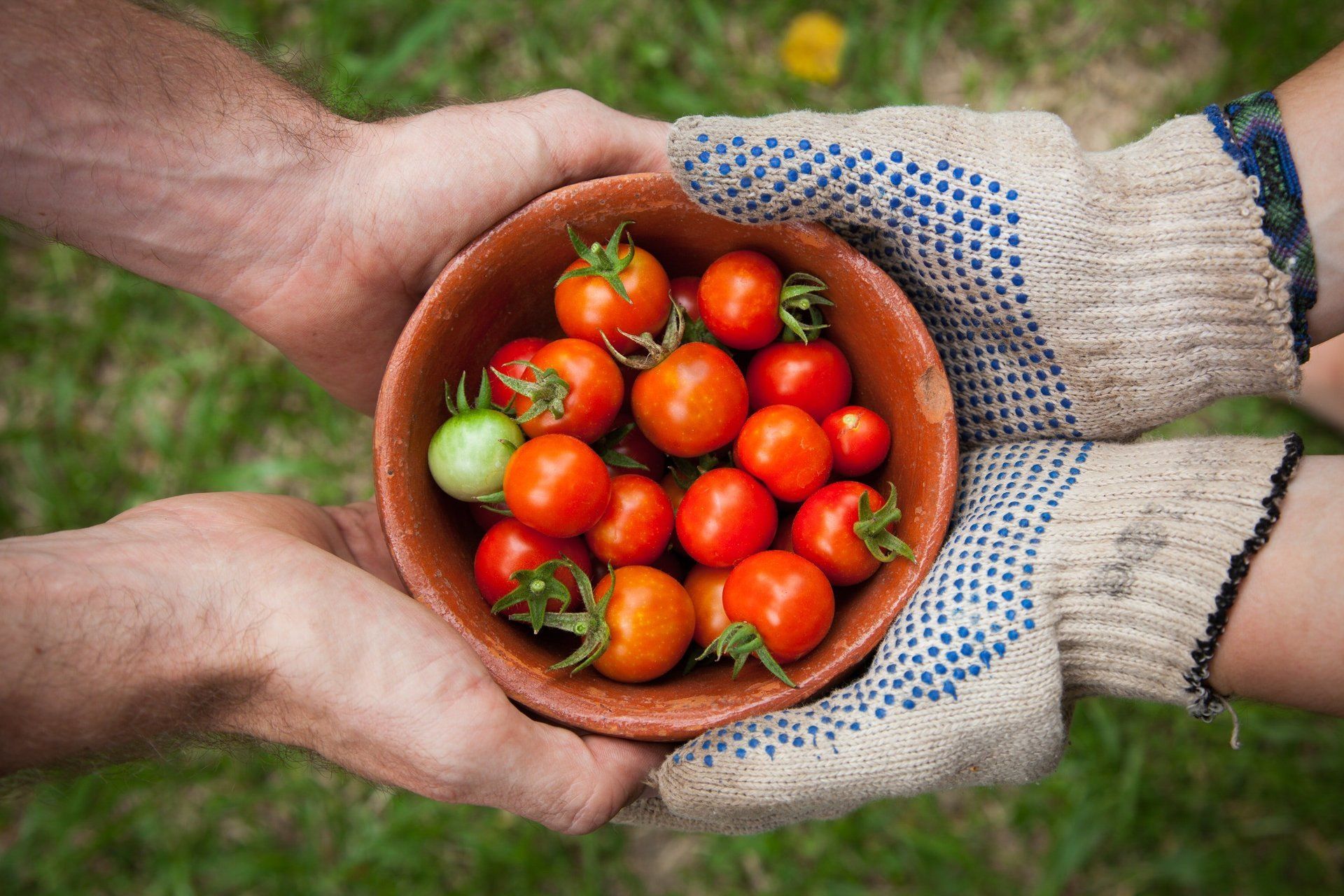Practices, Practices, Practices
Practicing Humility, Gratitude, Generosity, Meditation
"How do you get to Carnegie Hall? Practice, practice, practice." ~Unknown
"Practice does not make perfect. Only perfect practice makes perfect." ~Vince Lombardi
There are “best practices”, and there is “practice
makes perfect”. How do
you get to Carnegie Hall?
Become a comedian, perhaps? Take
a cab? Buy a ticket?
Or practice, practice, practice. And practice.
And practice.
Geoff Colvin, in Talent is Overrated and Malcolm Gladwell, in Outliers make the case that talent, or innate abilities, is less important than we think and that practice, deliberate practice specifically, is one factor that is more so. As someone who has struggled with discipline, or rather the lack of discipline, all my life, I agree. The only personal life strategy that helped me to overcome having a lack of discipline has been to set goals. With goals come deadlines, commitments, focus, and achievement. And stress, and feelings of adequacy or inadequacy, and comparison to others, and other not-so-welcome thoughts and feelings.
We need goals in our lives but goals, for all their benefits, are not enough. The practice, practice, practice that is required to achieve them is beneficial until it’s not. Achieving the goal moves people to success until it becomes obsessive. Goals achieved are done. People lower their effort or set other goals.
In additional to viewing practice as a goal-achieving strategy, I believe that the development of certain practices is essential for profound living. This is different than viewing practice as a goal-achieving strategy and more as considering practice to be a life-changing strategy. More specifically, practices in this sense become an integral part of one’s life over time. Recently, I wrote about processes , such as deepening, vasting, centering, pilgrimaging, and elegancing, that contribute to profound living. Now let’s take a brief look at how practices contribute to those processes.
Practices are regular, often daily, routines, habits, rituals, and disciplines which over time allow a person to move in desired directions. Spiritual disciplines , for example, such as daily prayer, solitude, and fasting, build on themselves over time. (See Carr-Chellman & Kroth, 2017, for a discussion of this.) These are lifelong activities which have no specific goal except to integrate the practice more and more thoroughly into oneself, into who and what one is.
There are practices in every area of one’s life. There are practices that lead to healthy bodies, strong relationships, spiritual development, and intellectual growth. Today, I will mention just four – humility, generosity, gratitude, and meditation. Each of these has recently received the attention of scientists. Each of these, if developed regularly over time, produces significant benefits for the practicer, for those around the-one-who-practices, and for society. Each of these also has a long history.
Most important, each of these can be learned.
I will discuss profound living practices often, because they provide a foundation for profound living. One-off experiences can be transformational, they can be game-changers as we all know, but practices are what lead to the development of depth and breadth over a lifetime.
Here are four practice-based qualities that lead toward joy and self-fulfillment.
Humility:
“Humility does not mean thinking less of yourself than other people, nor does it mean having a low opinion of your own gifts. It means freedom from thinking of yourself at all” (William Temple, as quoted in Humility: The Quiet Virtue, p. 37).
According to Everett L. Worthington, to “walk toward humility” requires one to “starve the arrogant nature and feed the humble nature” (p. 55). Here are some of the strategies he offers for becoming more humble:
- Nix Narcissism
- Eliminate Entitlement
- Puncture Pride
- Leap From The Limelight
- Live Virtuously – practice virtues, cultivate religion or spirituality
Humility has proven hard to measure (if you think you are humble, you probably aren’t as humble as you think, right? “I’m the most humble person you will ever meet!”), but some researchers are finding some outcomes from practicing humility, such as:
Better health, improved job performance, greater relationship quality, lowered defensiveness, becoming less preoccupied with self-image and related destructive outcomes. Humility improves friendships, child rearing, self-understanding, culture of workplaces, reduces unhappiness. (Sources: Lavelock, et al, 2017; Roberts & Cleveland, 2017)
Gratitude: “…Scientific American reported that, out of 24 strengths, including such powerhouses as love, hope, kindness, and creativity, the single best predictor of good relationships and emotional wellbeing was gratitude” (Emmons, 2016, p. 7.
When we realize that so many of the gifts we have been given are unearned, like the air we breathe and the sunsets we have seen, we are likely to feel gratitude. When we realize that even gifts we have contributed to – like our children or friendships we have cultivated – which we only partly have earned, we are also likely to feel grateful.
There are numerous benefits that come from practicing gratitude, including reduction in perceived stress and depression, reduced feelings of hopelessness and increased levels of optimism, improved sleep quality, increased self-esteem, deepened spirituality, and more (See Emmons, 2016).
There are a good number of practices and activities that contribute to gratitude. A Network for Grateful Living - Practices , shares a variety of exercises, including keeping a gratitude journal, meditating on gratitude and joy, and offering Thanksgiving blessings.
Generosity: There is a “paradox of generosity”, as Smith & Davidson observe in their 2014 book of the same name. The irony is that “Those who give, receive back in turn” (p. 1). Generosity, defined by the authors, is “the virtue of giving good things to others freely and abundantly” (p. 4). It is a learned character trait. It means not just giving much to others, but giving much that is beneficial to them. It therefore, is “ultimately an expression of love” (p. 4). The authors have studied generosity extensively, through their work at the Science of Generosity Initiative.
What they have found is incredibly interesting and useful and “good”. First, practices (not just one-off or occasional acts) of generosity result in greater well being. The practice of generosity is positively related to greater happiness, purpose in living, bodily health, avoidance of depression, and interest in personal growth. They emphasize that practices are “repeated behaviors that involved recurrent intention and attention” (p. 13). These practices are what make the difference. The practices they looked at were voluntary financial giving, volunteering for work without pay, relational generosity, and neighborly generosity to residential neighbors and friends. Also important was personally valuing the importance of being a generous person. Their book goes into considerable – and very interesting I might add – detail about their findings.
Meditation: Goleman and Davidson, in their book Altered traits: science reveals how meditation changes your mind, brain, and body , demonstrate how meditation, practiced regularly over time, can positively effect lives. They usefully talk about “deep” and “wide” paths of meditation, and label them Levels One-Four. Level One, the most intensive type of practice, is followed by ancient lineages such as Theravada Buddhism or Tibetan yogis. At Level Two, these traditions are removed from these Asian sources. Levels One and Two follow the deep path. Levels Three and Four move meditation out of a spiritual context and are the “wide” path, assessible to many. Level Three, is where the work of Jon Kabat-Zinn falls, working in areas like mindfulness-based stress reduction. Level Four is used by a large number of people in practices such as “mindfulness-at-your-desk”, or through “minutes-long meditation apps”.
What is important for this discussion of practices, is what Goleman and Davidson report. Here is a snippet. “From the beginning hours, days, and weeks of meditation, several benefits emerge. For one, beginners’ brains show less amygdala reaction to stress. Improvements in attention after just two weeks of practice include better focus, less mind-wandering, and improved work memory – with a concrete payoff in boosted scores on a graduate school entrance exam…” (p. 273). “For long-term meditators, those who have done about 1,000 hours or more of practice, the benefits documented so far are more robust, with some new ones added to the mix…” (p. 273). “Finally, there are the yogis at the ‘Olympic’ level, who are an average of 27,000 lifetime hours of meditation. They show clear signs of altered traits…Most significant, the yogi’s brain states at rest resemble the brain states of others while they meditate—the state has become a trait” (p. 274).
Finally , this essay discusses – very briefly - just four practices that lead toward a more profound life. This discussion will continue as there are more aspects of leading a “practiced” life to consider. For example, what practices might lead to deeper, more profound thinking over time? What practices might lead to deeper, more profound relationships over time? What practices might lead to deeper, more profound spirituality – depth-religion or depth-spirituality if you will – over time?
There is much still to learn about each of these practices and science is just lately focusing on this kind of work. For example, scientific articles discussion research about meditation were few in the 1970’s, “in 2014, the annual total was 925, in 2015 the total was 1,098, and in 2016 there were 1,113 such publications in the English language scientific literature” (Goleman & Davidson, p. 14).
Most of us will settle for a few minutes of meditation a day, writing daily in a gratitude journal and sending thank you cards to folks regularly, giving recognition more than seeking it, and volunteering a few hours each week or month at church or for a non-profit.
Those simple, regular practices can make a significant improvement in our lives and lead to a deeper, more profound way of living.
There is a lot to talk about.
References:
Colvin, G. (2008). Talent is overrated: what really separates world-class performers from everybody else . New York: Portfolio.
Carr-Chellman, D. J., & Kroth, M. (2017). The Spiritual Disciplines as Practices of Transformation. International Journal of Adult Vocational Education and Technology, 8 (1), 23-35.
Emmons, R. A. (2016). The Little Book of Gratitude: Create a life of happiness and wellbeing by giving thanks . London: Gaia.
Gladwell, M. (2008). Outliers: the story of success (Large type large print ed.). New York, NY: Little, Brown and Co.
Goleman, D., & Davidson, R. J. (2017). Altered traits: science reveals how meditation changes your mind, brain, and body . New York: Avery.
Lavelock, C. R., Worthington, E. L., Griffin, B. J., Garthe, R. C., Elnasseh, A., Davis, D. E., & Hook, J. N. (2017). Still Waters Run Deep: Humility as a Master Virtue. Journal of Psychology and Theology, 45 (4), 286-303. doi:10.1177/009164711704500404
Roberts, R. C., & Cleveland, W. S. (2016). Humility from a Philosophical Point of View. In E. L. Worthington, D. E. Davis, & J. N. Hook (Eds.), Handbook of Humility, Theory, Research, and Applications (pp. 33-46). New York: Routledge/Taylor & Francis Group.
Smith, C., & Davidson, H. A. (2014). The paradox of generosity: giving we receive, grasping we lose . New York: Oxford University Press.
Worthington, E. L. (2007). Humility: the quiet virtue . Philadelphia: Templeton Foundation Press.
Other Sources:
Kroth, M. (2018). Profound Living – Processes https://www.profoundliving.live/profound-living-processes
Greater Good Science : There is all sorts of science-based information about gratitude, awe, more, and also resources like curriculum.
John Templeton Foundation - Discoveries : This is a treasure trove of research and conceptualizing humility, gratitude, and much more.












